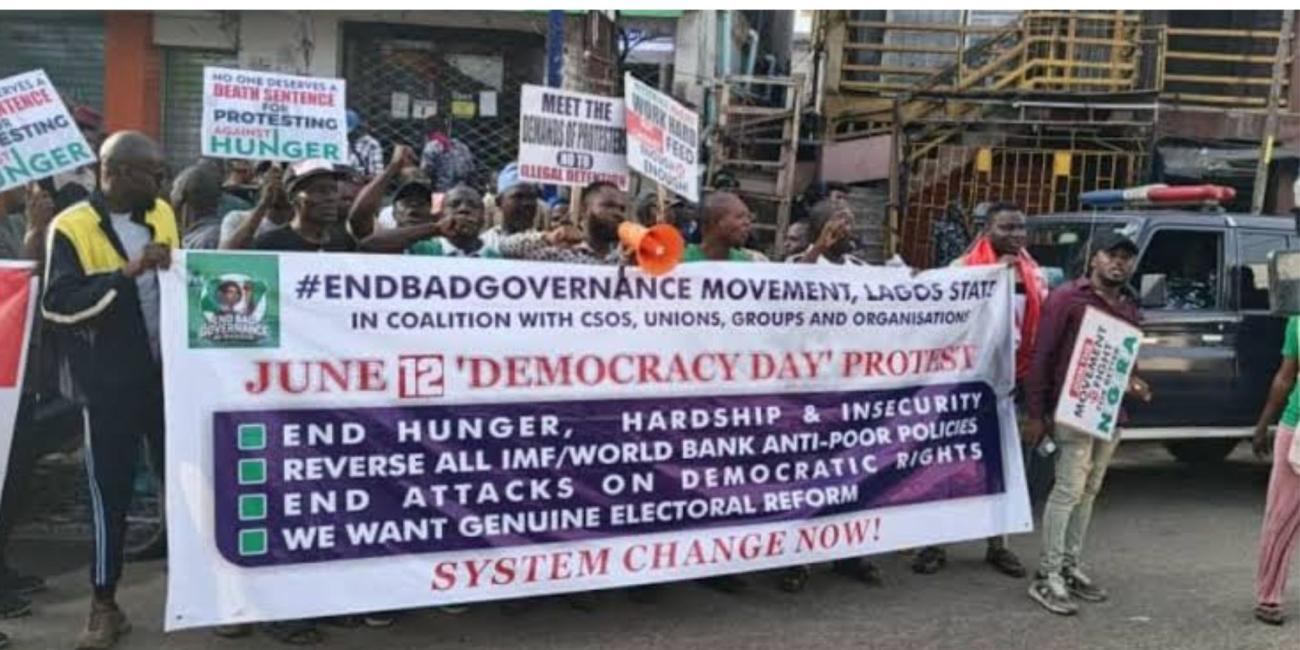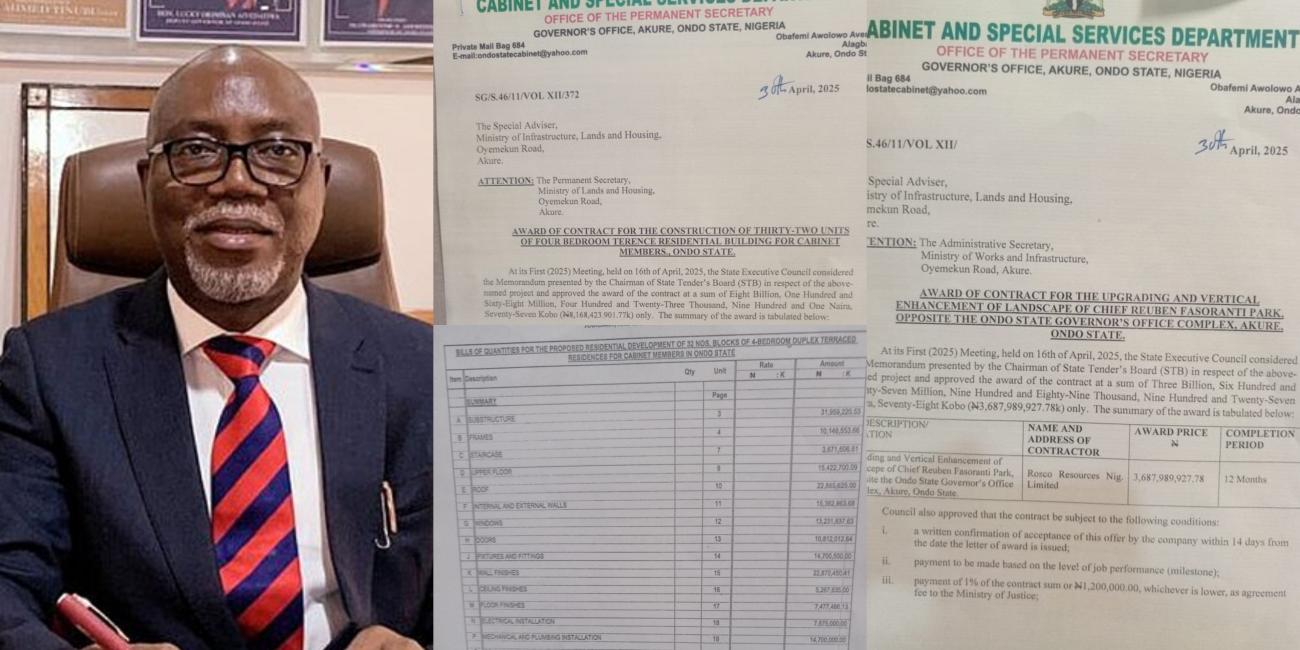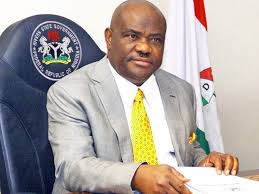BY ANTHONIA EMMANUEL
On Thursday, June 12, 2025, residents in Nigeria’s capital, Abuja, joined nationwide protests calling attention to rising hardship, insecurity, and unpopular government policies under President Bola Ahmed Tinubu’s administration.
The demonstration, led by the Take-It-Back (TIB) Movement, was part of a larger wave of civil actions across major cities, timed to coincide with Democracy Day, a day marking Nigeria’s return to civilian rule and commemorating the annulled June 12, 1993 election.
Protesters gathered in Abuja to denounce what they described as worsening economic conditions, rampant insecurity, and a government that appears disconnected from the realities faced by ordinary Nigerians.
Speaking at the event, Rex Elanu, the Federal Capital Territory Coordinator of TIB, said the demonstration was necessary in the face of “a government that has failed to protect lives and livelihoods.”
> “This government is more focused on politics than on solving real issues. People are dying of hunger. Communities are under attack, especially in places like Benue and Plateau, and yet, there’s silence from those in power,” he said.
Elanu also accused the security forces of using fear and repression to silence dissent, noting the arrest of peaceful protesters, including minors, in previous demonstrations.
Other states saw similar actions:
* In Lagos, demonstrators gathered at the popular Ikeja under-bridge, carrying placards and chanting for justice and better living conditions.
* In Ondo State, protesters converged at Cathedral Junction in Akure, urging Nigerians to be more politically active and aware.
* In Ibadan, Oyo State, the movement took their message to Mokola Roundabout amplifying calls for economic relief and human rights.
Despite heavy police presence in Lagos, authorities assured the public that the protests were under control, with no reported incidents of violence.
The June 12 protests have become a growing symbol of civic resistance, with citizens using the occasion to highlight the nation’s economic struggles rising food prices, unemployment, insecurity, and the fallout from fuel subsidy removal.
The Take-It-Back Movement continues to advocate for a government that prioritizes people over politics, demanding reforms that place the welfare and rights of Nigerians at the forefront of national leadership.





